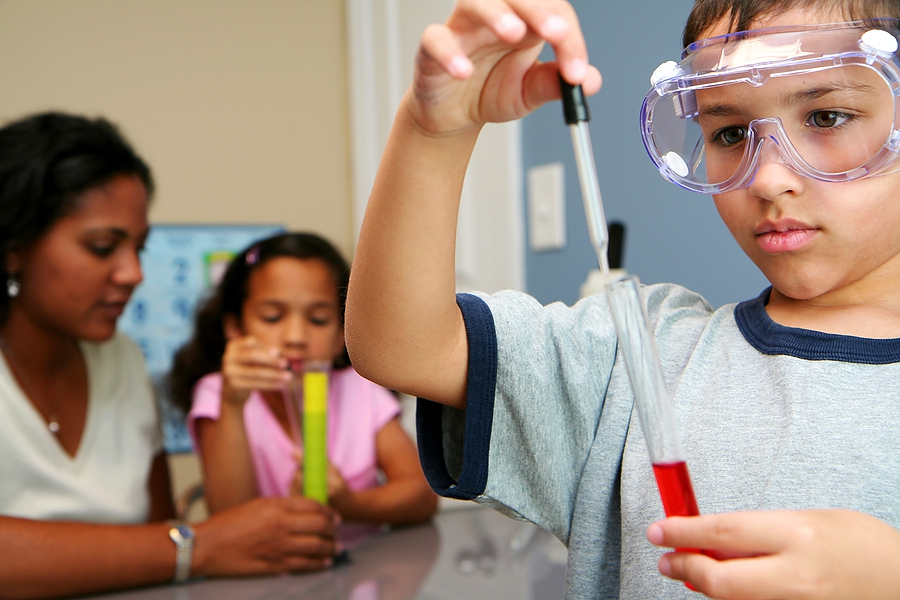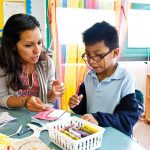Navigating School Readiness: Preparing Children for Educational Milestones

The concept of school readiness is a critical phase in a child’s life, representing the transition from early childhood to formal education. As parents, educators, and caregivers, understanding and addressing the various aspects of school readiness is paramount for a child’s successful entry into the educational system. In this blog post, we will explore the key components of school readiness and how they contribute to a child’s overall preparedness for the academic journey.
**1. Cognitive Development: School readiness involves a child’s cognitive abilities, including language skills, problem-solving, and the ability to pay attention. Activities that encourage early literacy, numeracy, and exposure to basic concepts provide a strong foundation for cognitive development. Reading together, puzzles, and interactive play are effective ways to nurture these skills.
**2. Social and Emotional Skills: A child’s ability to navigate social interactions and manage emotions is crucial for a positive school experience. School readiness encompasses developing empathy, sharing, and effective communication. Engaging in group activities, playdates, and fostering a supportive home environment contribute to the cultivation of these social and emotional skills.
**3. Independence and Self-Care: As children prepare for school, fostering independence in daily tasks becomes essential. Encouraging self-care activities such as dressing, eating, and toileting builds confidence and autonomy. These skills empower children to navigate the school environment with a sense of self-reliance.
**4. Motor Skills: Both gross and fine motor skills play a role in a child’s readiness for school. Engaging in activities that enhance coordination, balance, and fine motor control, such as drawing, cutting, and outdoor play, contribute to the physical preparedness needed for school activities.
**5. Curiosity and Interest in Learning: A child’s innate curiosity and enthusiasm for learning are vital components of school readiness. Encouraging exploration, providing exposure to diverse topics, and answering their questions foster a positive attitude towards learning. This curiosity lays the foundation for a lifelong love of knowledge.
**6. Effective Communication: Communication skills, including the ability to express thoughts and feelings, are integral to successful school experiences. Encouraging open dialogue, active listening, and participation in discussions at home prepares children for effective communication in the classroom setting.
**7. Establishing Routine and Structure: The transition to a school routine involves adapting to a structured schedule. Introducing consistent daily routines at home helps children become familiar with expectations, promoting a sense of security and stability that contributes to their readiness for school.
In conclusion, school readiness is a multifaceted concept that encompasses cognitive, social, emotional, and physical aspects of a child’s development. By nurturing these components through intentional activities and fostering a supportive environment, parents and caregivers play a crucial role in ensuring that children embark on their educational journey with confidence and enthusiasm.











